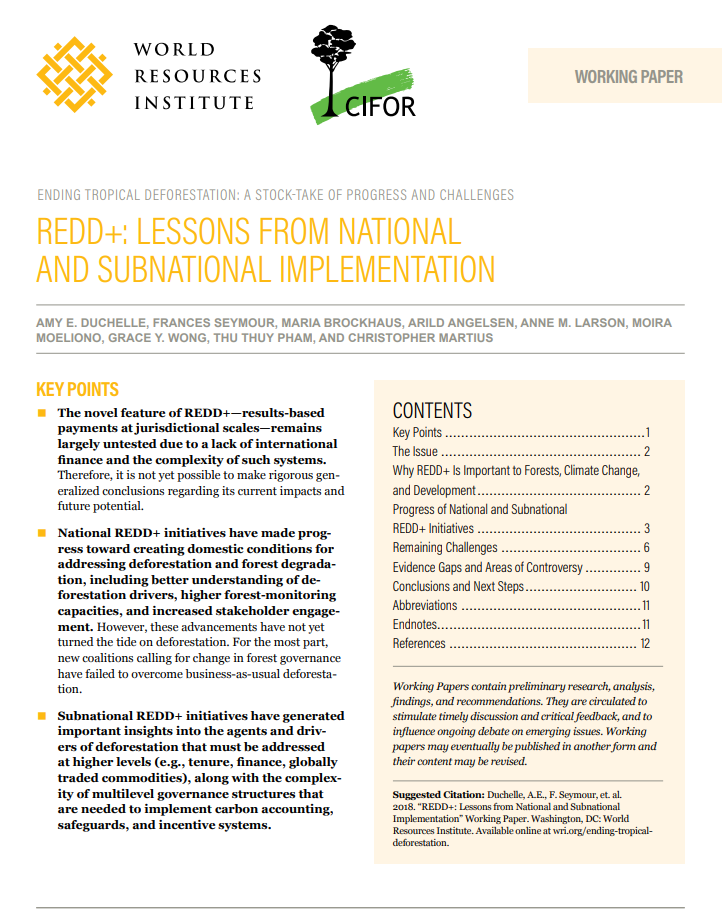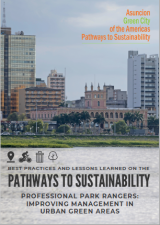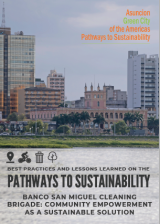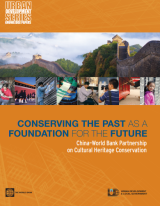
-
Topics
Restoration, Conservation
-
Published On
June 1, 2018
-
Author(s)
Frances Seymour, Amy E. Duchelle, Maria Brockhaus, Arild Angelsen, Anne M. Larson, Moira Moeliono, Grace Y. Wong, Thu Thuy Pham, Christopher Martius
REDD+—which stands for reducing emissions from deforestation and forest degradation, and the role of conservation, sustainable management of forests, and enhancement of forest carbon stocks in developing countries—debuted on the global stage more than a decade ago. The idea prompted high expectations that an approach that featured results-based incentives for reducing tropical deforestation and degradation could rapidly succeed where other approaches had failed. Since then, over 50 countries have initiated REDD+ strategies; subnational governments have experimented with jurisdictional REDD+ programs; and more than 350 REDD+ projects have been implemented globally. What are the lessons learned from REDD+ initiatives so far? How can these lessons support future forest-based climate change mitigation?
Download here.
1.2 MB



